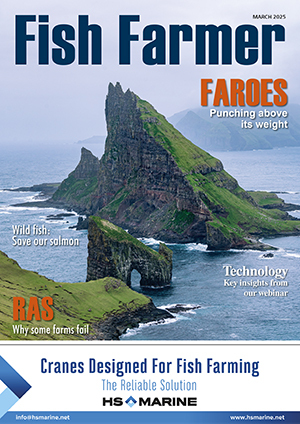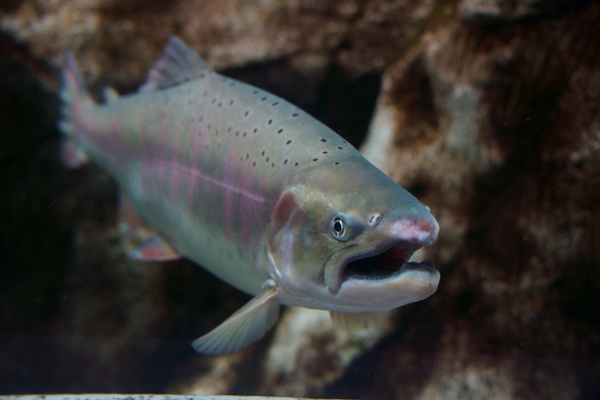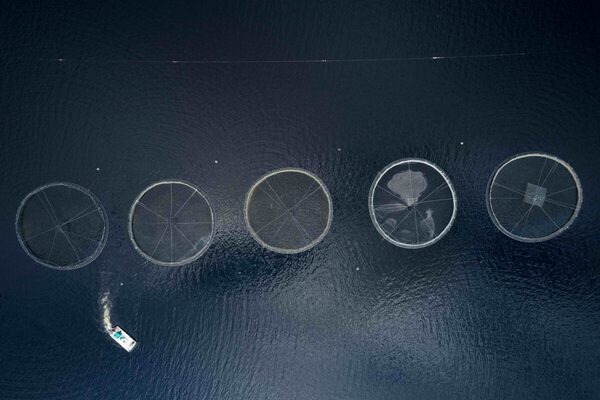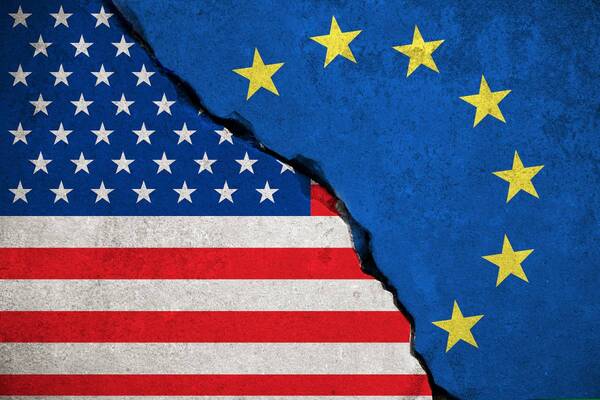Bakkafrost Q1 harvest in Scotland down by 1,000 tonnes
Bakkafrost has reported that its Scottish harvest for the first quarter of this year was 1,000 tonnes lower compared with Q1 2023 – but its output from the Faroe Islands was considerably higher, the company says in its latest trading update.
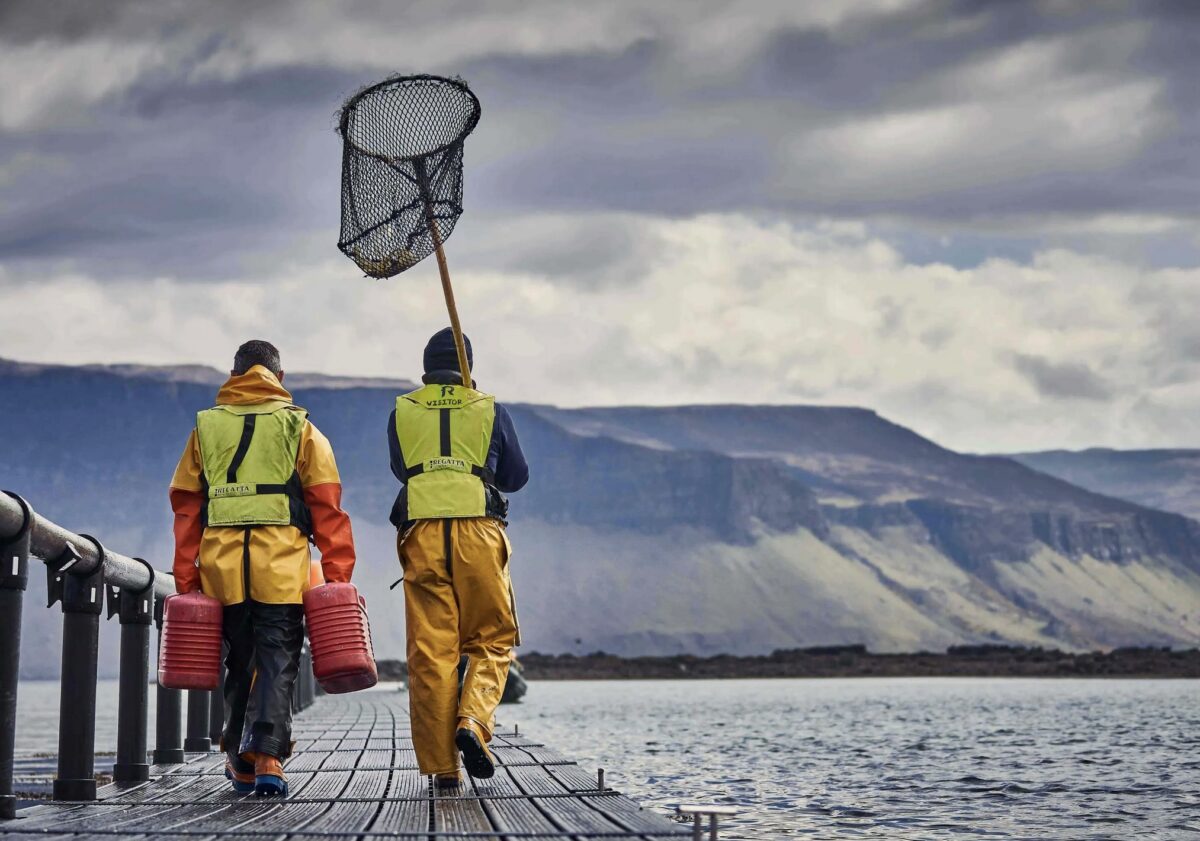
Bakkafrost Scotland, which has been undergoing a steady improvement process, turned out 6,300 tonnes between January and March against 7,300 tonnes in the same period last year. March was the top month at 2,300 tonnes.
The average weight in Scotland was good, ranging between 6.5 and 6.7 kilos, the company said.
The Faroe Islands produced 18,900 tonnes compared with 14,300 tonnes last year and 11,000 tonnes in Q1 2023. The average weight was between five and 5.2 kilos.
The smolt release in Scotland was between 0.6 million and 3.2 million in the Faroes. Group feed sales totalled 31,300 tonnes while fish meal sales were 3,600 tonnes.
The full Q1 report will be published on 19 May.
Bakkafrost is the first major salmon company to publish its first quarter results.
After a difficult 2023, the last 12 months have proved a challenging but generally satisfactory year for Bakkafrost.
Provided the company can steer clear of international tariff issues the 2025 reports should convey a continued improvement.
Following some difficult biological issues, particularly in Scotland, the last 12 months has seen a strong turnaround. Bakkafrost also faced a number of external market challenges, including market volatility and a general strike during the early summer.
The group’s sales performance for last year remained solid with total revenues hitting DKK 7.3 billion (£8.18m), up 2.7% on the previous year. Operational EBIT (earnings before interest and taxation) was DKK 1.55bn (£174m), compared with DKK 1.54bbn (£173m) in 2023.
The total harvest for 2024 rose by 24% year on year, to 90,700 tonnes.
